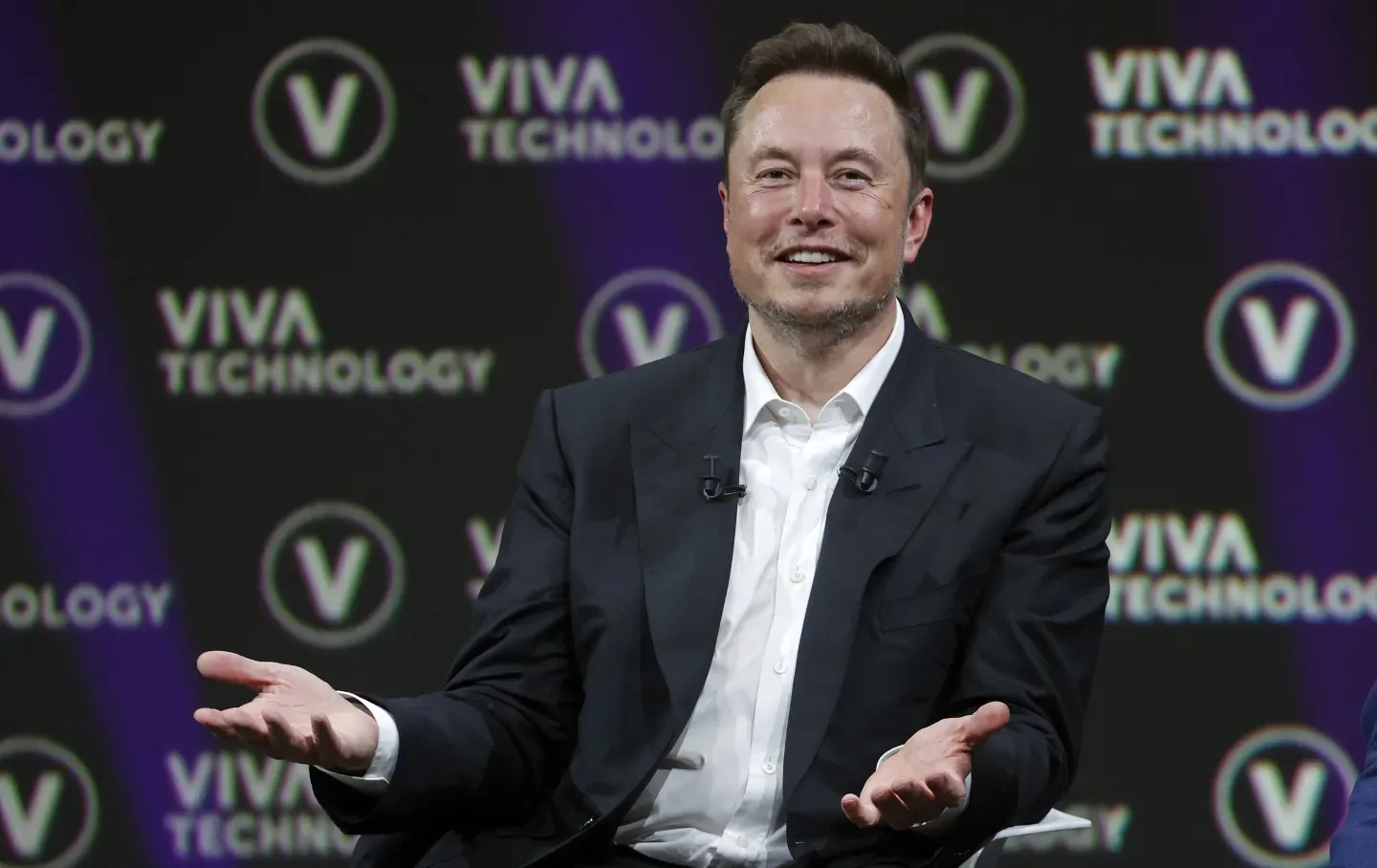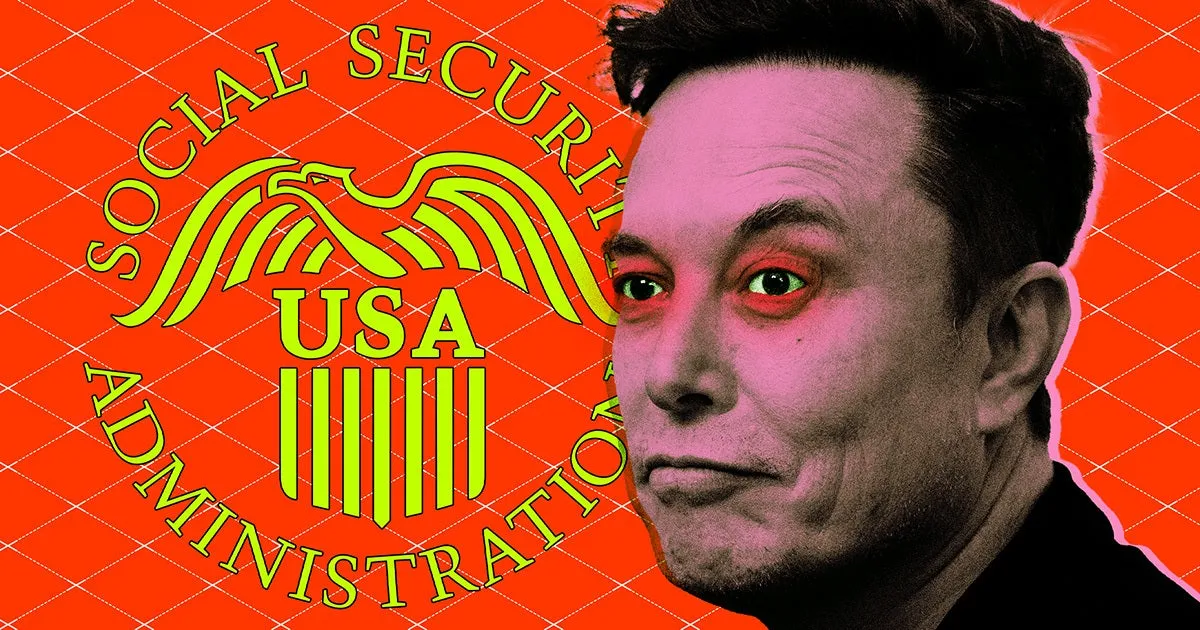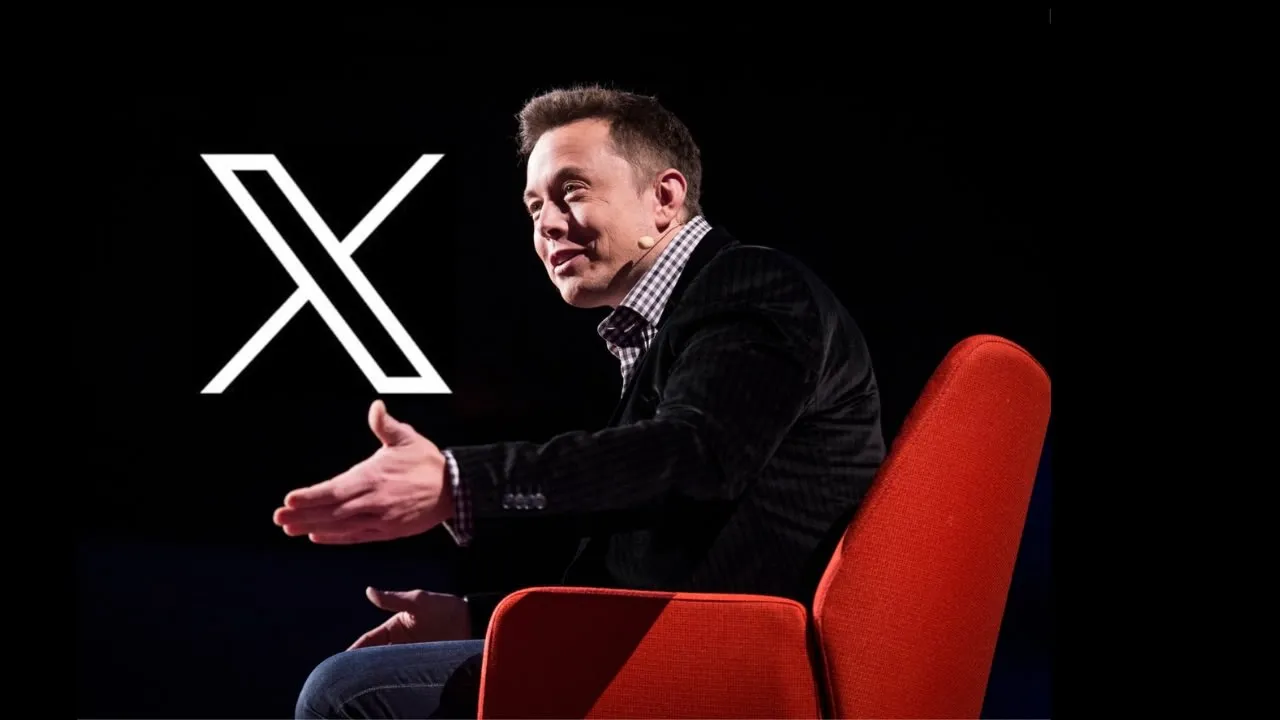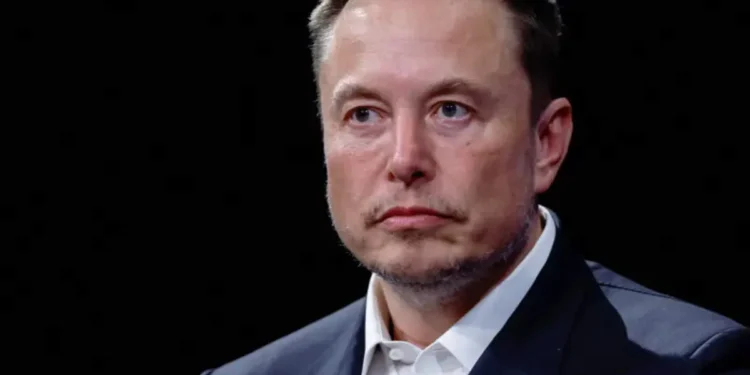In an era where technological advances are heralded as the panacea to most of our problems, Elon Musk’s latest venture sends a starkly different message. Under the seemingly benign headline of modernization, Musk, aligned with Donald Trump’s austerity policies, has embarked on a highly controversial project: rewriting the entire Social Security codebase using artificial intelligence (AI).

This endeavor, spearheaded by Musk’s company DOGE, proposes to migrate the United States Social Security Administration’s (SSA) archaic COBOL systems to a more modern, AI-driven framework within just a few months. Wired’s recent expose on the subject sheds light on the massive scope and potential pitfalls of this audacious plan. The SSA’s current system, consisting of approximately 60 million lines of code, underscores the enormity of the task at hand.
A Legacy Code Challenge: The Reliance on COBOL
COBOL, an acronym for Common Business-Oriented Language, is far from obsolete despite perceptions. A 2017 Reuters study indicated that COBOL underpins 43% of banking systems and supports 95% of ATM transactions. It’s a language that, while vintage, supports a significant portion of the US financial infrastructure and, by extension, the daily operations of the SSA.

The decision to replace such a fundamental component with AI technologies not only highlights a daring shift in strategy but also a significant risk. Experts warn of the dangers associated with the rapid replacement of a stable, though dated, technology with AI systems that, despite their advances, continue to struggle with complex real-world tasks.
The Political Implications and Public Response
The political undertones of this move cannot be overstated. Once portrayed as a maverick poised to “drain the swamp,” Donald Trump now represents the status quo, with Elon Musk as a key player in his agenda. This partnership seems focused less on serving public interest and more on advancing a private, technologically driven agenda.
Public response has been swift and severe. Critics argue that the project is not just a technological overhaul but a reshaping of public policy that favors speed and innovation over stability and reliability. The potential fallout could affect millions of Americans who rely on social security for their retirement and disability benefits.
An anonymous source from the SSA expressed a deep skepticism about the project’s ambitious timeline and underlying motivations: “DOGE thinks if they can say they got rid of all the COBOL in months, then their way is the right way and we all just suck for not breaking shit.”

The Human Cost of High-Tech Experiments
Massachusetts Congresswoman Ayanna Pressley encapsulated the broader fears regarding this initiative, remarking, “The cruelty is the point.” This statement reflects a growing concern that the push for technological advancement may overlook the human elements at stake, particularly the well-being of the most vulnerable populations.
As this project moves forward, the balance between innovation and the preservation of a critical lifeline for millions will be under scrutiny. Whether this AI-driven overhaul of the Social Security system will be a testament to human ingenuity or a cautionary tale of hubris remains to be seen. The stakes, undeniably, are as high as they get.









